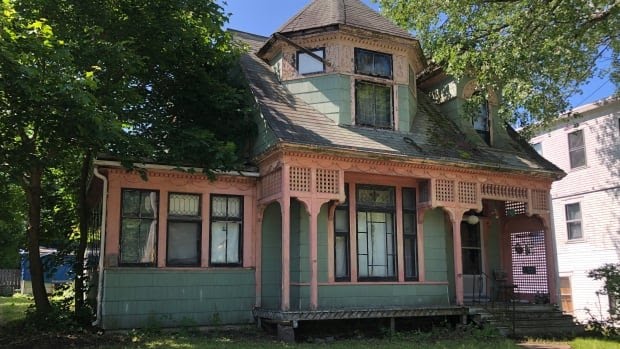Yeah, landlords suck fucking ass. They're a bunch of greedy dickbags who want money for doing no work, by definition.
All non primary residences should have a massive tax slapped on them, not just these dumb foreign home buyer / vacant home taxes that nibble away at tiny edges of the problem instead of the core issue.
If we're having a housing crisis then why are we allowing people to hoard more than 1 home?
